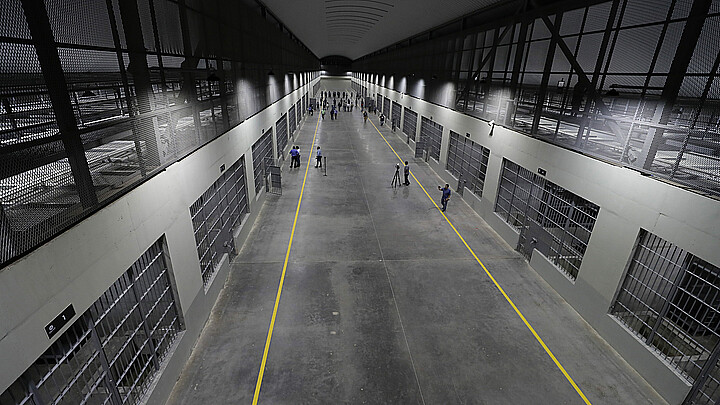Crime
Costa Rica reaches record levels of drug cartel violence as murder rate increases
Last year, there were 656 homicides recorded in Costa Rica, 68 more than 2021, and 88 more than 2020

July 20, 2023 8:14am
Updated: July 20, 2023 3:28pm
Violence has reached unprecedented levels in Costa Rica, fueled by Mexican and Colombian drug cartels operating in the country, according to government data.
Costa Rica, known as one of the most stable countries in the region, saw an increase in murders during the first half of the year compared to last year in 2022, according to official data.
However, the spike this year was much more dramatic, in, leading officials to believe this year will be the most violent recorded in the country.
Costa Rican officials classified 421 of the 657 murders in 2022 as "score settling," suggesting cartel inspired violence.
The homicide trend has been on the rise.
Last year, there were 656 homicides recorded in Costa Rica, which was 68 more than 2021, and 88 more than 2020.The 2022 figure is also 263 higher than numbers from 2012, marking a decade long spike of approximately 66%.
"We've got a Mexicanization of crime," Costa Rican Security Minister Mario Zamora told Reuters this week, worried about the negative impact it is having on the country.
About two-thirds of the homicides recorded in the country are due to violence between gangs, which are seeking new markets, routes, and territories, Zamora added.
The gangs in Costa Rica are being influenced by how the Mexican cartels are operating in Central America. Costa Rican groups are receiving drugs from their Colombian counterparts, which are stored and then shipped to the United States or Europe.
“We do not produce drugs, but Costa Rica is today the largest platform in the world from which drugs are exported to third countries," said Zamora.
The violence currently stemming from the drug industry is comparable to that seen in Mexico, particularly the Sinaloa Cartel, where torture, assassinations, and gang killings are common. Many of the crimes are even taking place in the middle of the day in widely transited sections of cities.
"One of our pride was that almost 90% of homicides were cleared up judicially, the person was identified and there was a trial," said Zamora.
"Now we are facing a situation of many homicides with unknown perpetrators and there is not the slightest piece of evidence to tell you who the perpetrator is," he added.







